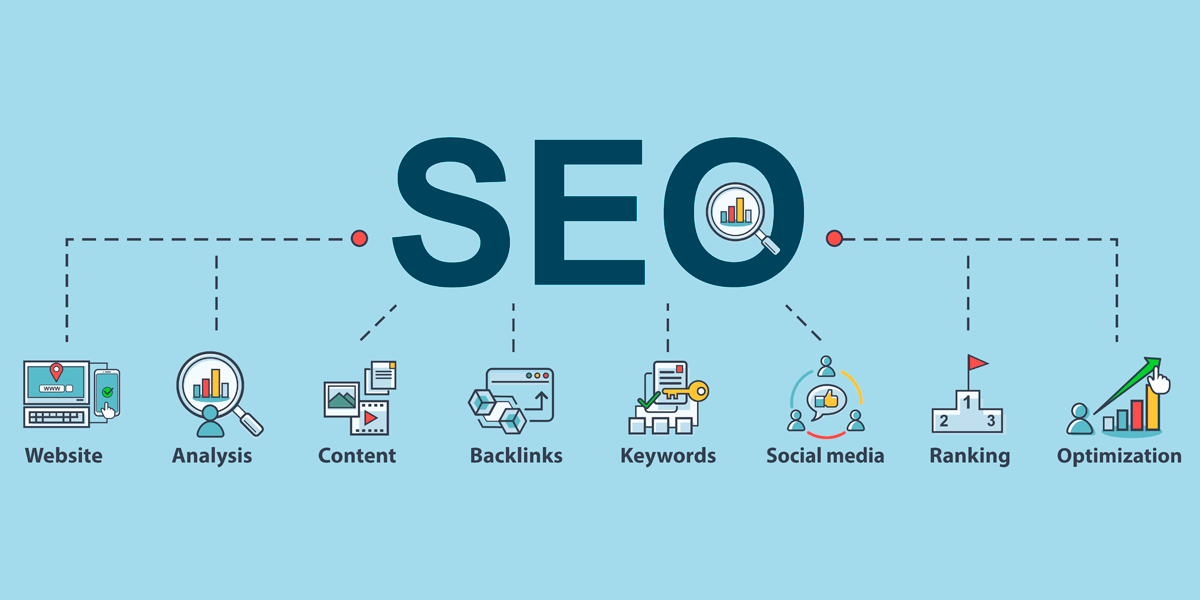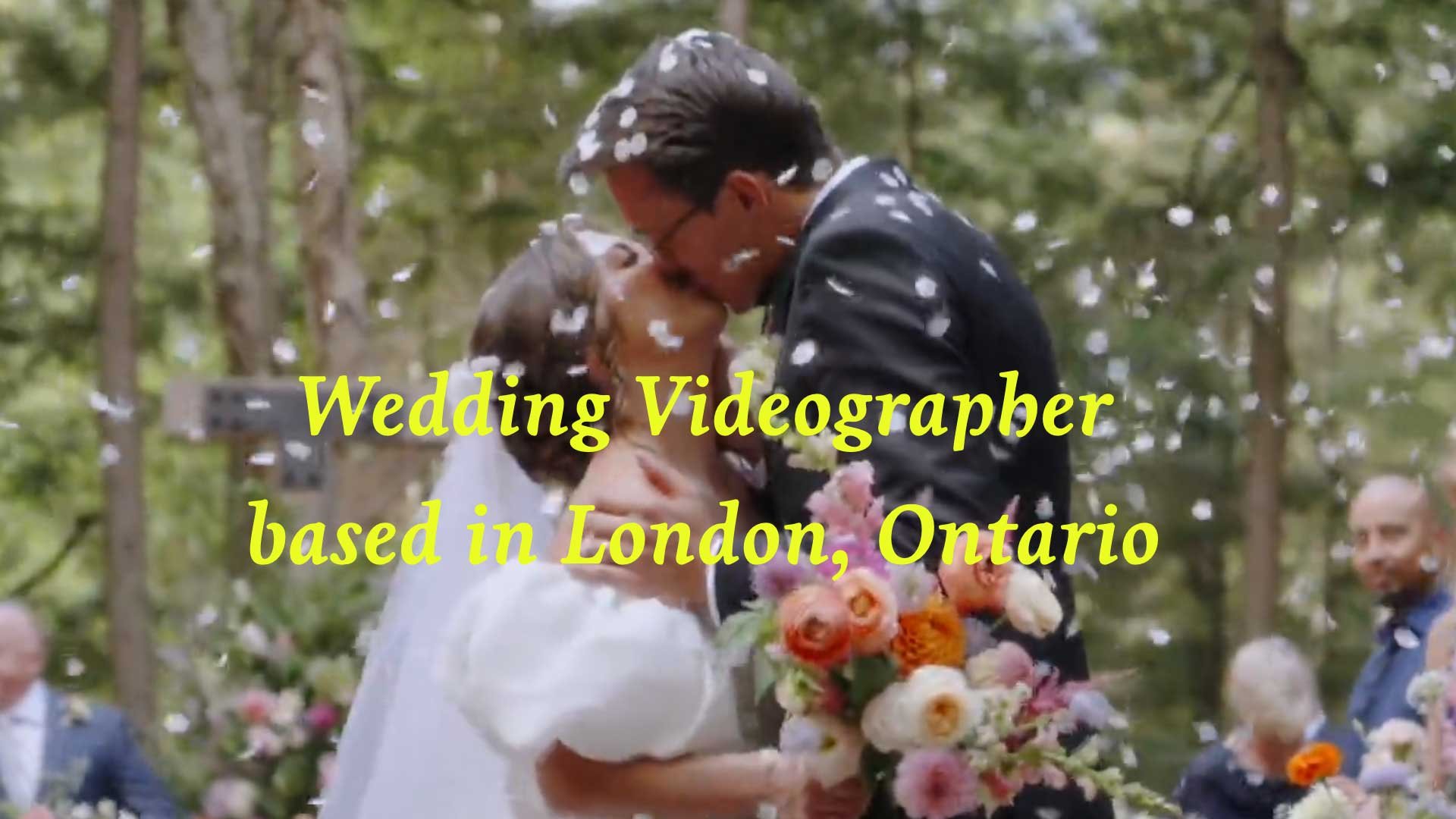Search Engine Optimization basics for small businesses
Cole’s notes about SEO
+ SEO takes time, maybe up to a year
+ It’s cumulative
+ on-page SEO (Proper titles, keywords, image names, domain name, page URLs - letting Google know what you’re about
+ off-page SEO (backlinks/shares)
+ Google My Business, reviews
+ Website speed and time spent/actions on site
Simple way to start
+ Figure out what keyword you want to rank for in a specific area and search it.
+ See who comes up and see how their page is laid out, how many times they’ve used the keywords and build out a page that provides more value, content and keywords.
+ BUT, don’t keyword stuff and get yourself flagged
My approach to Search Engine Optimization (SEO) is pretty simple so you can easily implement these tips today.
It really isn’t that complicated to rank in the top 3 in your city, so let’s discuss how.
First, know that we need copy, aka text, to speak to Google. We need to tell Google what our website is about and more importantly, what each page is about by adding real value to the readers of your content.
People are searching for answers on Google and the way your pages ranks is if you can answer the question or provide valuable information relating to the search query.
From there, other factors play a big part. How long are the visitors on your page? Is there a form on the page and if so, do many of the visitors fill out the form? Do you have other places on the Internet that are linking back to this particular page? Do you have a lot of great Google reviews?
SEO isn’t just one thing. It starts with a keyword, but is the cumulative efforts of everything I mentioned above that provides signals to Google that this page is worth showing when a related search query is put in Google.
Example: Even though I’m slowing the wedding videography side of my business, I’m typically top 3 when someone searches “wedding videographer London, Ontario”.
I would credit this to:
Having a decent amount of reviews on Google My Business
I link back to my wedding page on socials and Facebook groups when it makes sense
My leads fill out a form that’s right on the page and because of my videos on the page, time spent on that page is decent
I made sure to incorporate “wedding videographer London, Ontario” and synonyms of “wedding videographer” throughout the page where it made sense.
The biggest mistake I see with the businesses and creatives I work with is that they get too fancy or obscure with their main heading text, their H1.
A page has a hierarchy going for H1, H2, H3 etc., and this means that your most important text should be H1 and so on.
Example: I’ve seen wedding photographers have their URL or slug as .com/photography rather than .com/wedding-photographer-london-ontario.
Then the H1 might be “Capturing the best day of your life” rather than “Wedding Photographer London, Ontario”.
Make sure your title contains the keywords you want to rank. It’s ok if it seems boring. In the following paragraphs you can explain your process and write things in a more eloquent manner while weaving in the necessary keywords.
We need to have copy and keywords that tell Google what we’re about and to share our links on the Internet in front of our potential clients.
Also, know that maybe the service page or page we’d like to rank may not be the best ranking page. It may be a blog because in a blog we can answer a specific question in more depth.
A useful blog post can attract a visitor and if it provides value, they’ll check out the rest of your page. Or, with good information, your blog post gets shared.
Once you get a good foundation set for each page, create good content for your blogs and social to increase your brand awareness.
All these efforts will get you eyeballs and then sales conversion becomes another conversation once you have traffic.
If you’d like to chat about your SEO and brainstorm content ideas — please reach out.



